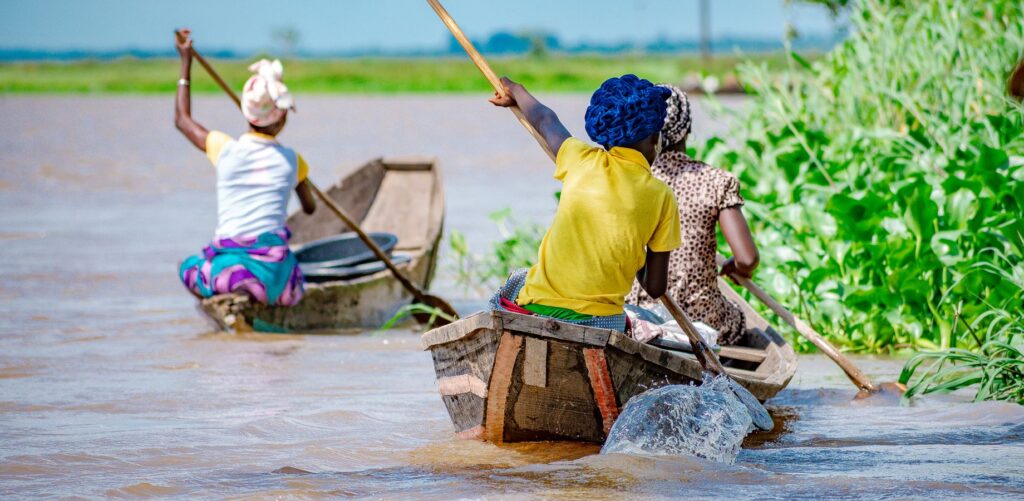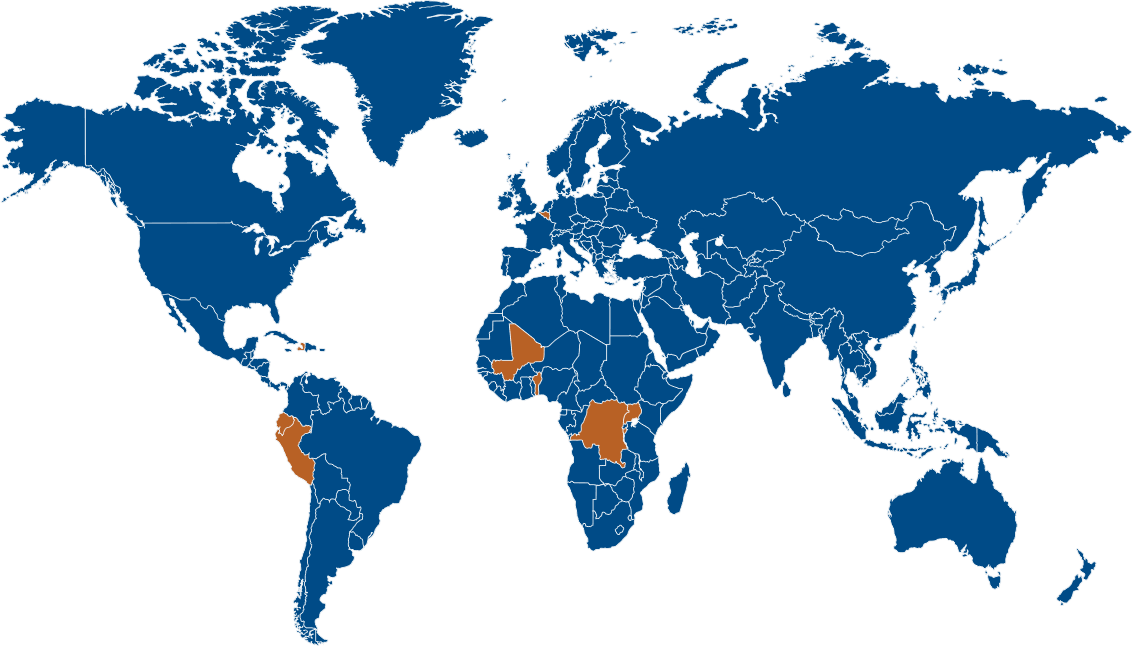
What we do
Join For Water guarantees water for people and nature alike, today, as well as tomorrow. We operate in 9 countries, together with various different partners.


We are active in Belgium, Benin, Burundi, DR Congo, Ecuador/Peru, Haiti, Mali and Uganda.
Find out where we operate
Climate change, pollution, rising consumption… Freshwater supplies are under pressure worldwide. Your donation to water makes a difference to people and nature alike, today and tomorrow.
Corporate support